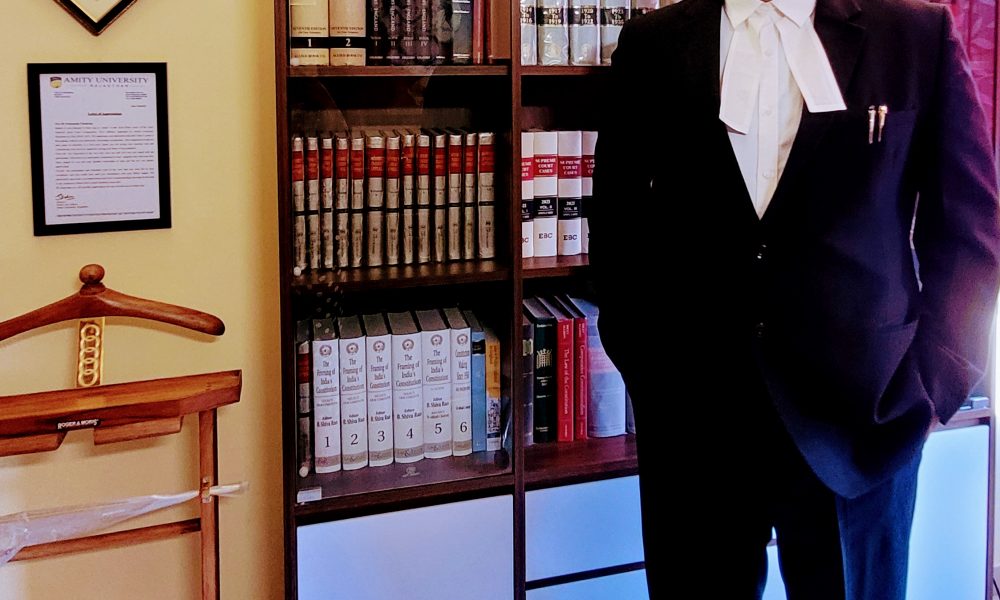The lawyer-client relationship is one of the most important relationships in the legal profession. However, it is also one of the most complex and challenging relationships. Lawyers are bound by ethical rules that govern their conduct with clients. These rules are designed to ensure that lawyers act in their clients’ best interest and maintain the integrity of the legal profession.
What are the ethical boundaries in the lawyer-client relationship?
The ethical boundaries in the lawyer-client relationship are designed to protect the client’s interests and the legal profession’s integrity. These boundaries include:
- Confidentiality: Lawyers are required to keep their client’s information confidential. This means that lawyers cannot disclose any information about their clients without their clients’ consent, except in limited circumstances.
- Conflict of interest: Lawyers are prohibited from representing clients with conflicting interests. This means that lawyers cannot represent two clients whose interests conflict with each other.
- Competence: Lawyers are required to provide competent representation to their clients. This means that lawyers must have the necessary knowledge, skill, and experience to handle their clients’ legal matters.
- Communication: Lawyers are required to communicate with their clients regularly and keep them informed about their legal matters. This means that lawyers must promptly respond to their clients’ inquiries and update them about the progress of their cases.
What are the challenges in maintaining ethical boundaries in the lawyer-client relationship?

Maintaining ethical boundaries in the lawyer-client relationship can be challenging. Some of the challenges include:
- Conflicts of interest: Lawyers may face conflicts of interest when representing clients with similar interests or who are in the same industry or community.
- Communication: Lawyers may face challenges in communicating with clients who have limited English proficiency or who are not familiar with legal terminology.
- Competence: Lawyers may face challenges in providing competent representation when dealing with complex legal matters or when representing clients in a new area of law.
- Confidentiality: Lawyers may face challenges in maintaining confidentiality when dealing with clients who have a history of criminal activity or who are involved in high-profile cases.
How can lawyers maintain ethical boundaries in the lawyer-client relationship?
To maintain ethical boundaries in the lawyer-client relationship, lawyers can:
- Be transparent: Lawyers can be transparent with their clients about potential conflicts of interest, their level of experience in handling certain legal matters, and the risks and benefits of pursuing a particular legal strategy.
- Communicate effectively: Lawyers can communicate effectively with their clients by using plain language, providing regular updates, and listening to their clients’ concerns.
- Seek guidance: Lawyers can seek guidance from their colleagues, professional organizations, and ethics committees when facing ethical dilemmas.
- Continuously educate themselves: Lawyers can continuously educate themselves about developments in the law, ethical rules, and best practices in the legal profession.
By maintaining ethical boundaries in the lawyer-client relationship, lawyers can ensure that they provide competent and effective representation to their clients while upholding the integrity of the legal profession.



